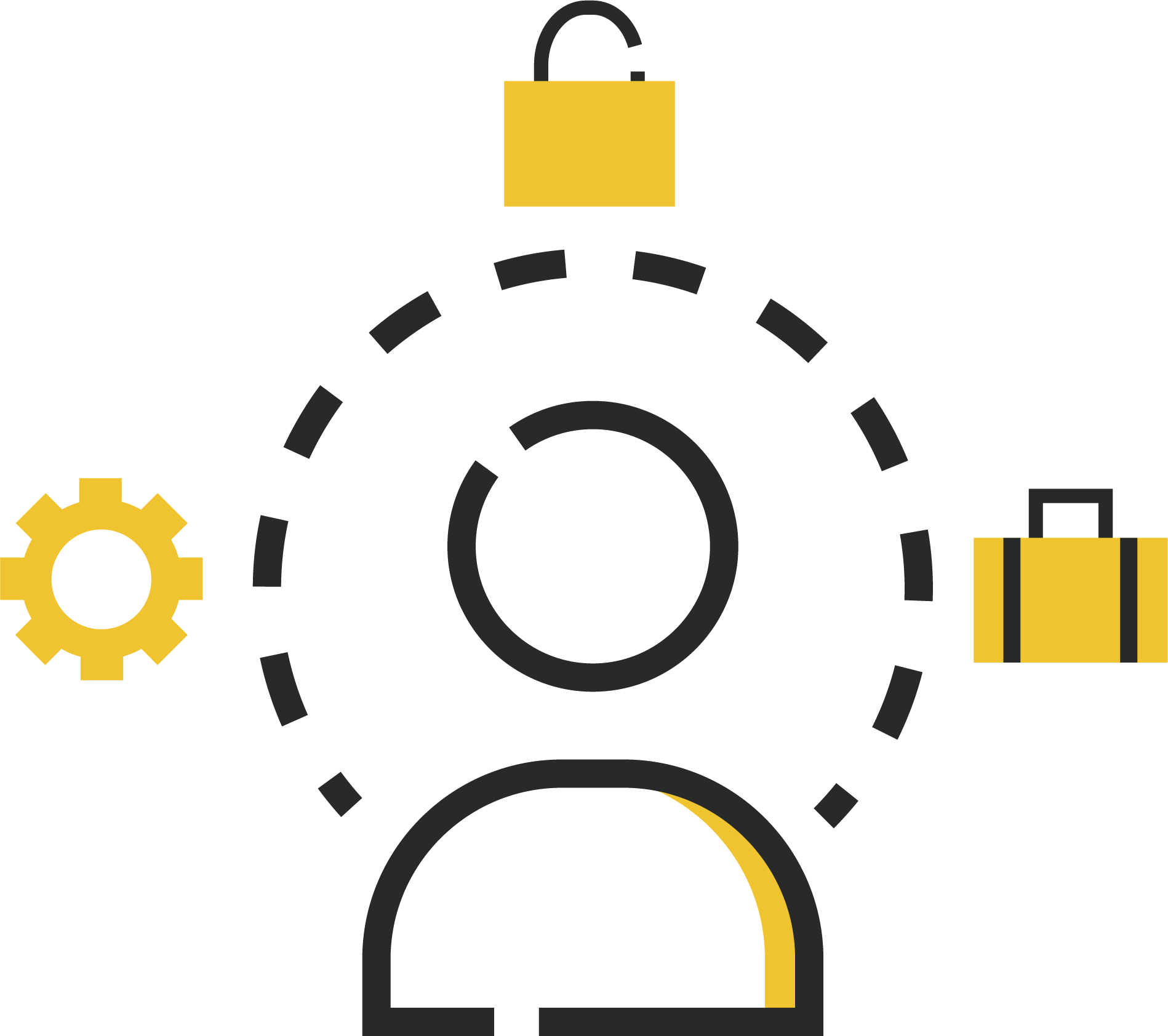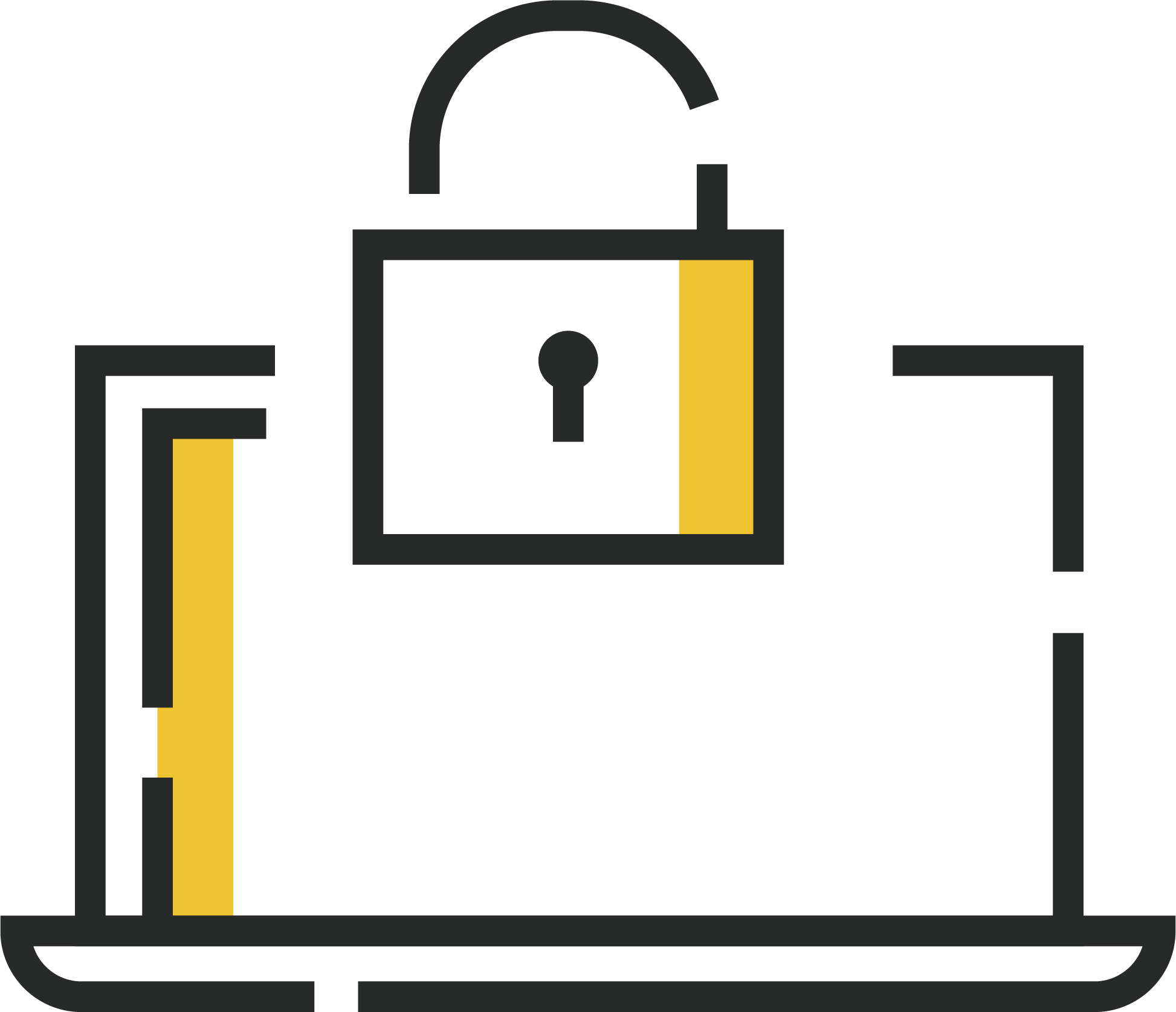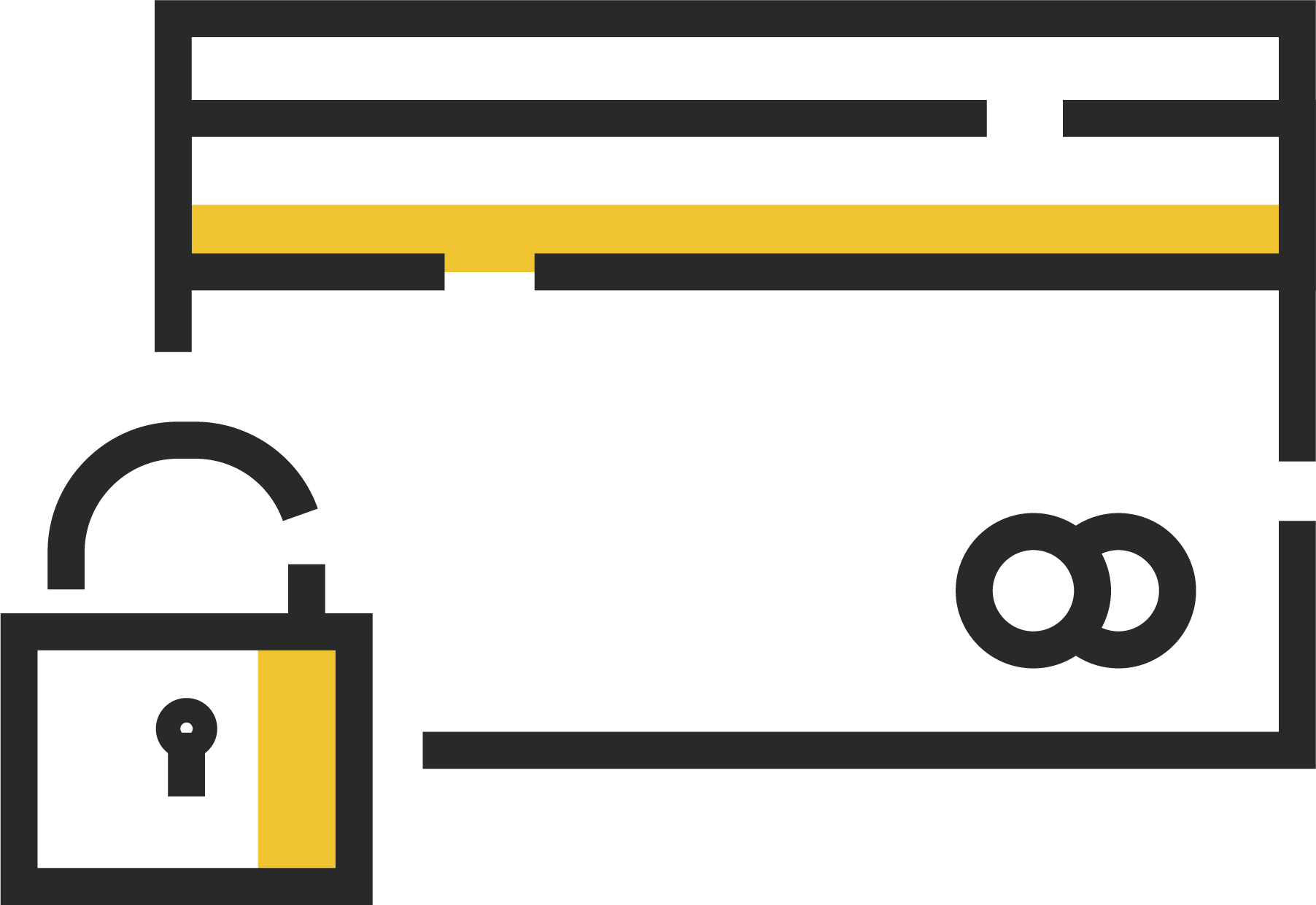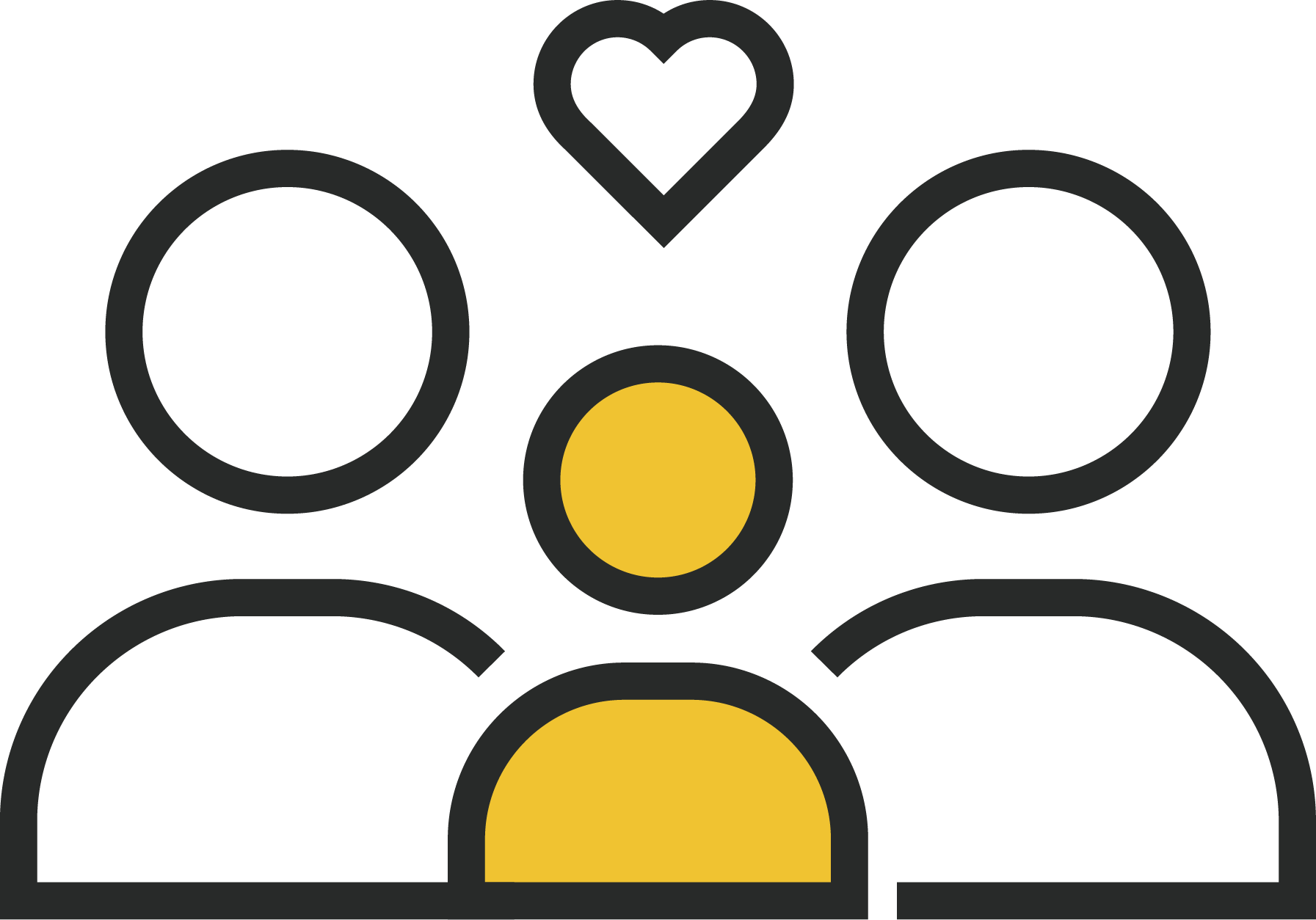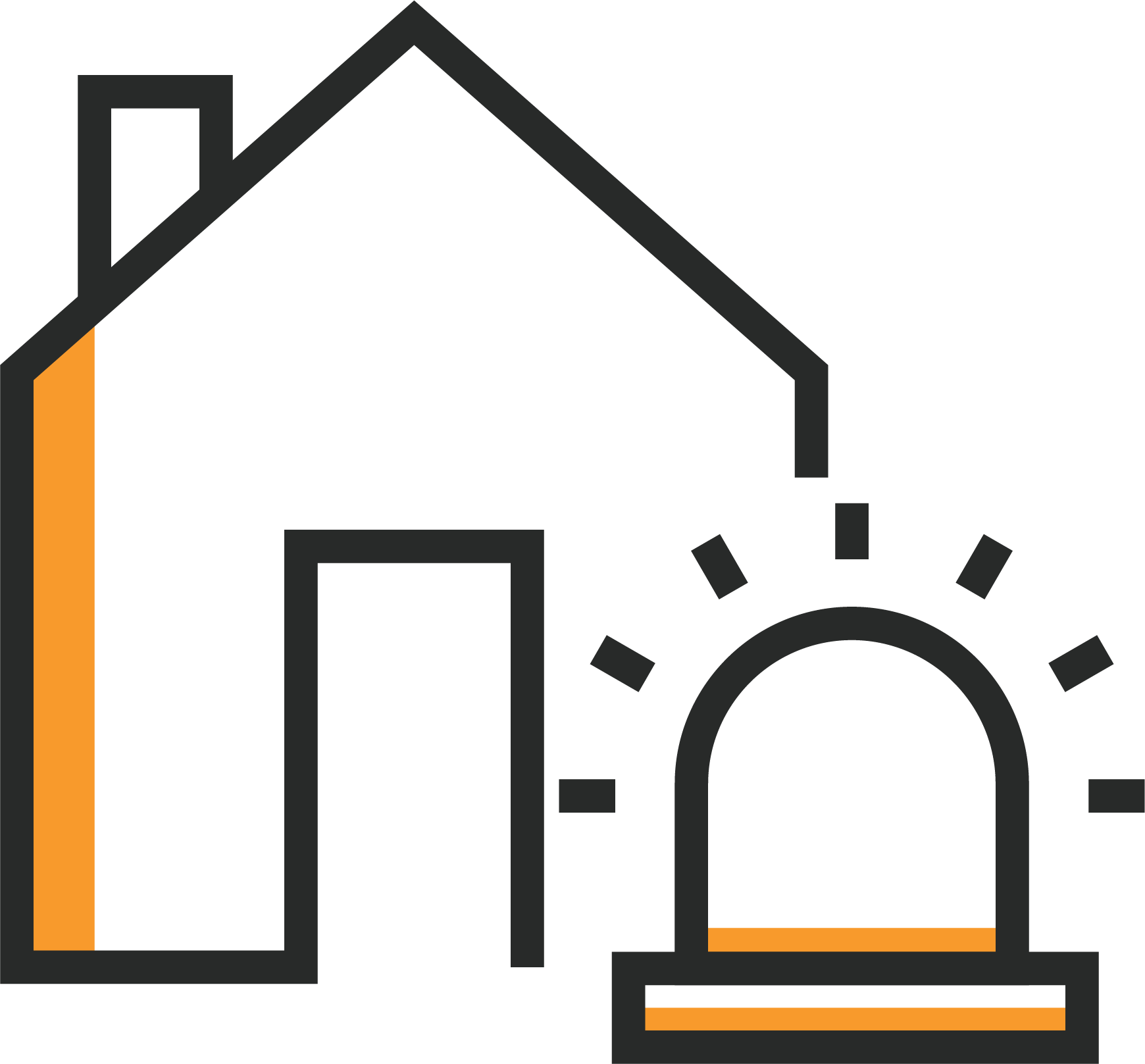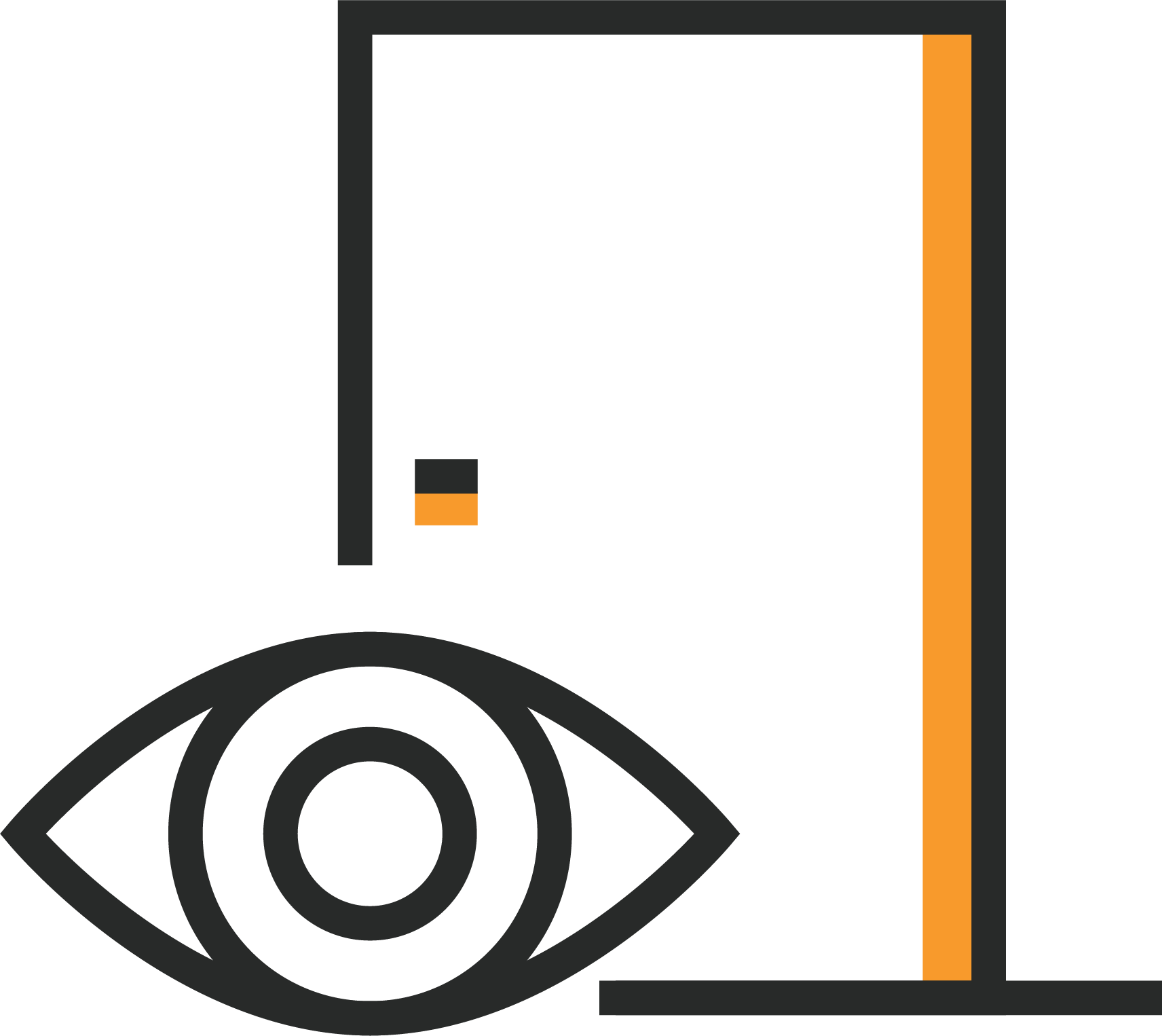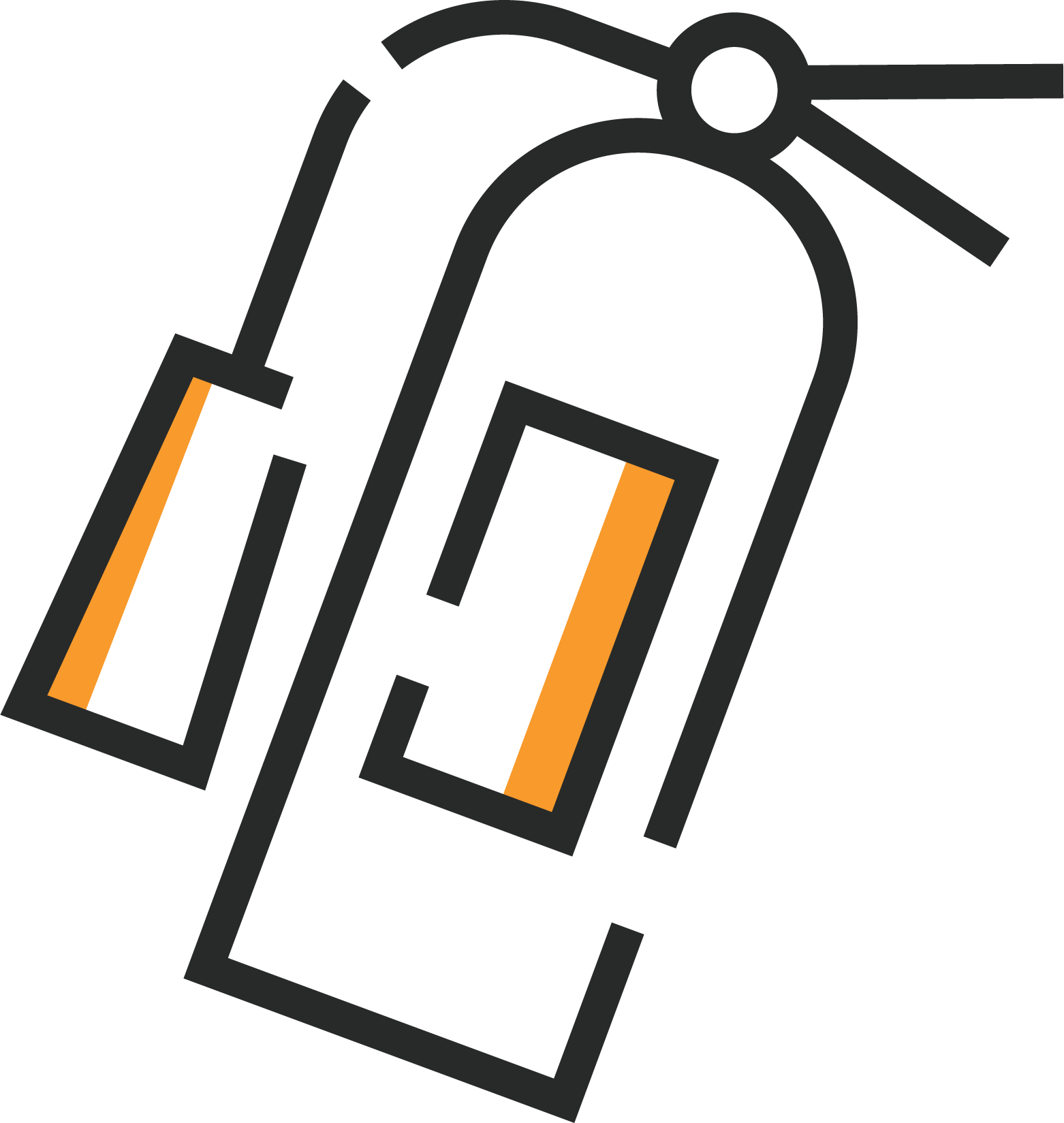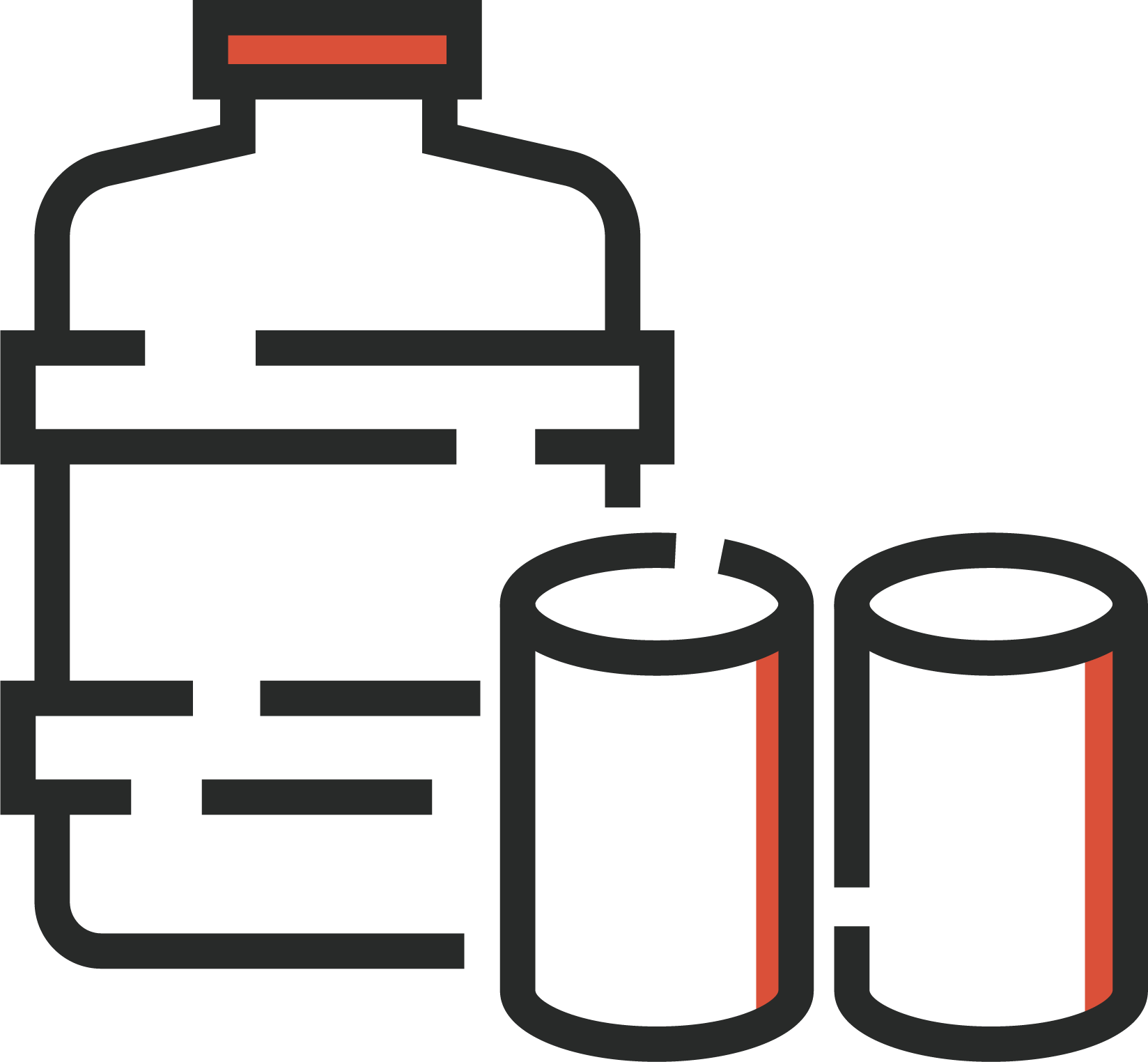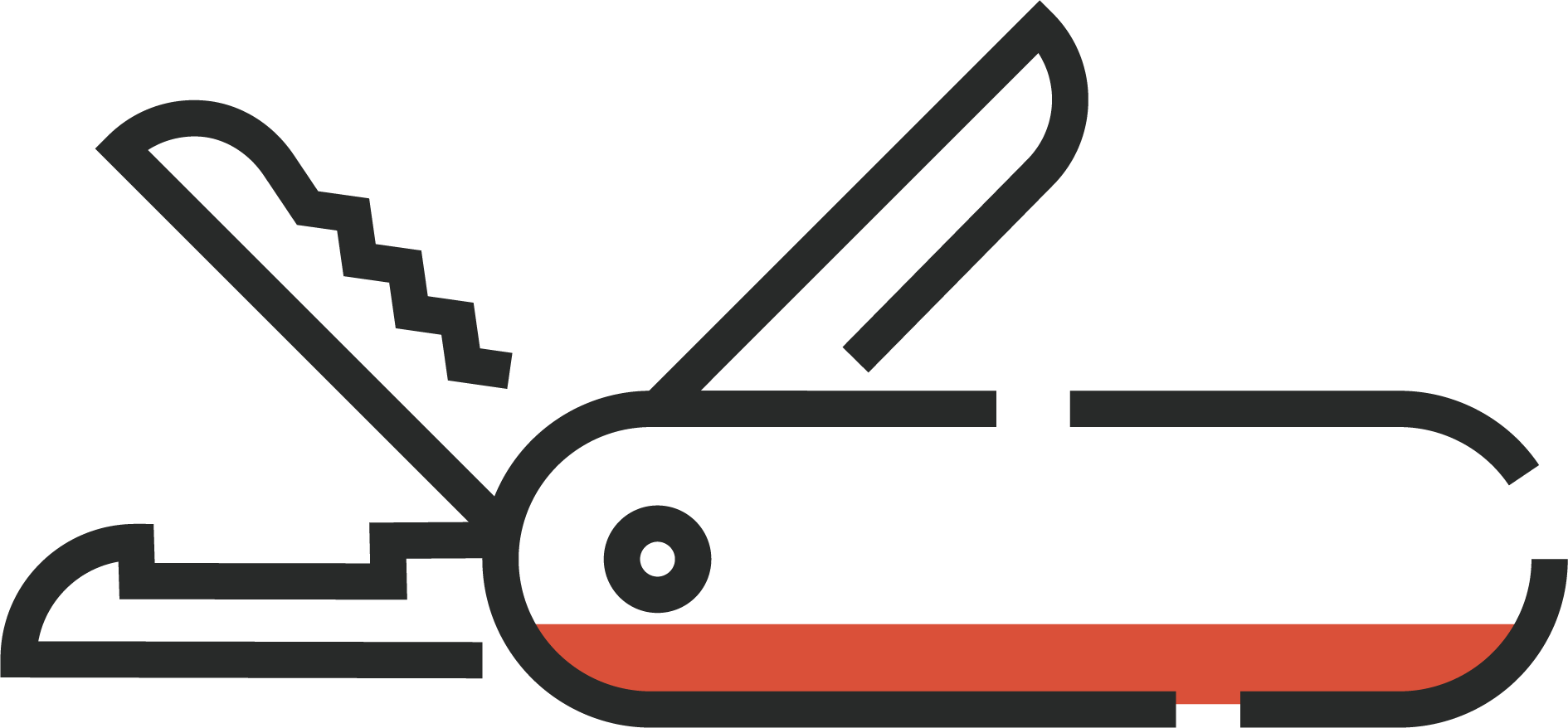Contents
Fireworks: Aerial Spectacular or a Disaster Waiting to Happen?
New Year’s Eve, Fourth of July, your local sports team winning the play-offs. Any of these reasons are enough for the sale of fireworks to spike in your area (assuming fireworks are legal where you live). But before you go lighting up an aerial display for your entire neighborhood, you need to prepare in advance for any unintended emergencies or injuries.
Not sure what we mean? Almost 20,000 fires started by fireworks were reported to local US fire departments in 2018. Of these fires, five civilian deaths, 46 civilian injuries, and $105 million in direct property damage were reported (National Fire Protection Association).
While it can be fun to imagine delightful memories with friends and family while lighting fireworks in the backyard, unfortunately fireworks can cause emergencies. Preparation shouldn’t be taken lightly if you plan on using fireworks on your own. That’s why it’s worth it to be aware in advance of the knowledge and in the tools you need to stay safe.
How to Prevent Property Damage
When it comes to preventing property damage while using fireworks, you’ll need the right knowledge to prevent mishaps. But you’ll also need the right tools to stop fires that may start if disaster strikes. So that’s what we’ll focus on here. If fireworks are legal to buy where you live and you choose to use them, follow these safety tips to avoid unnecessary disasters:
- Never use fireworks while impaired by drugs or alcohol. If you plan on consuming anything, plan to enjoy a fireworks show put on by professionals instead.
- Anyone using fireworks or standing nearby should wear protective eyewear. Safety glasses are a must for anyone setting off fireworks.
- Never hold lighted fireworks in your hands. Set fireworks on the ground in a clear area, light, and then quickly move a safe distance away.
- Before throwing away any fireworks, soak them in a bucket of water overnight. Do this for used and unused fireworks. Do not try to re-light or handle malfunctioning fireworks as it’s possible that they won’t light as intended by the manufacturer..
- Keep a bucket of water nearby to fully extinguish fireworks that don’t go off. You may also want to have a hose ready, in case a fire does start.
- Never use illegal fireworks or shoot off fireworks in your area if it’s illegal. Many places have banned fireworks because of the increased risk of starting wildfires.
- Be careful giving sparklers to children. They burn at 2,000 degrees, hot enough to easily set clothing on fire and melt some metals. (National Safety Council) We recommend giving kids confetti poppers or glow sticks instead.
Of course, the safest advice that we can give is to avoid lighting your own fireworks entirely. Find a local fireworks show put on in your town/city to watch from afar. Let the experts handle the fireworks while you relax and celebrate.
How to Prevent Personal Injury
There is natural overlap in preventing property damage and personal injury. But now we’ll discuss specific ways that you can avoid scenarios that might lead to burns and injuries. The two most likely scenarios when using fireworks are that a fire will start and/or someone will get burned. If a fire does catch, have these tools on hand to put it out as quickly as possible:
- A bucket of water and a functioning hose nearby
- A fire extinguisher
- A cell phone to call 9-1-1 if the fire cannot be contained
Keeping Kids Safe
Preventing and containing fires is a good first step to avoid anyone from getting burned. Another important factor is keeping a safe distance from where fireworks are being launched.
Children should be kept at least 35 feet from the launch site of ground fireworks and 150 feet from aerial fireworks (Safewise.com), preferably with hearing and eye protection. Older kids and teenagers may want the autonomy to use sparklers or ground level fireworks but even smaller fireworks like those can post a danger. Because of the intense temperatures, fires can start very quickly. Burns can happen in a flash.
Keeping Pets Safe
Pets should be put safely indoors before you plan on setting off any fireworks, as the loud noises can disturb them. Many pets run away and go missing because of loud firework displays. Ensure that dogs and cats are microchipped and wearing collars with your contact information on them, in case they do manage to escape. Give dogs and cats a safe, accessible place to hide indoors, such as a crate, covered pet bed, in a closet, or under a bed.
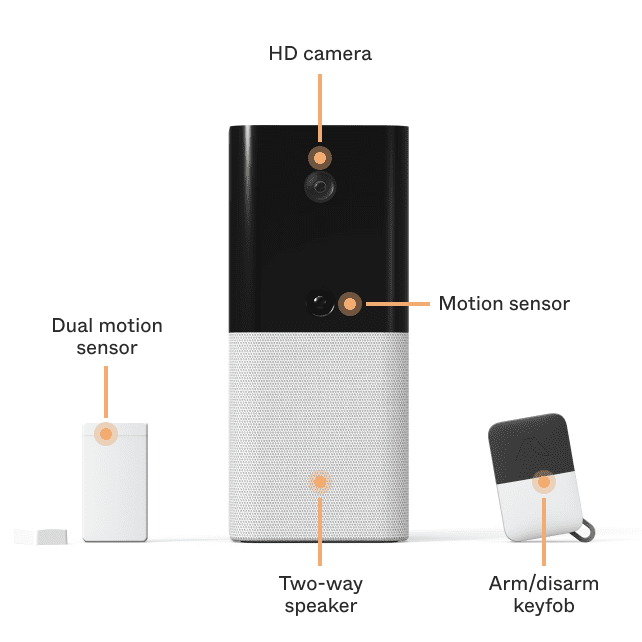
First Aid Kits
Now, even with all that preparation, if a firework is set off and someone is burned, you’ll want to have a first aid or medical kit on hand to treat the wound. If the injury can’t be managed with your first aid kit, call 9-1-1 or take the injured person to an emergency room. Our experts recommend the following first aid kits for their robust variety of medical equipment at a competitive price point:
Whichever first aid or medical kit you choose, ensure that it is in an accessible location. If you’ve had your kit for a while, open it up and go through it. Determine if you need to replace any common components, such as gauze pads or band-aids.
Leave the Theatrics to the Professionals
We highly recommend leaving fireworks to professionals, as the potential for danger is high when using pyrotechnic projectiles. Many towns and cities have public viewings for choreographed firework displays on the Fourth of July and New Year’s Eve. A quick Internet or local paper search should provide one, if not more, firework displays in your area. But if you do decide to light fireworks yourself, follow the lead of our experts and prepare in advance against all possible outcomes. Fireworks can be a fun way to celebrate, so please enjoy safely.
Prepare today for peace of mind tomorrow.
Get occasional tips about keeping your family and home safe — delivered to your inbox.
